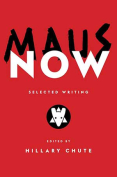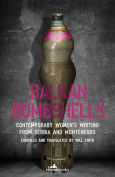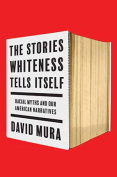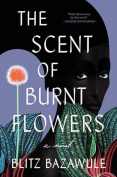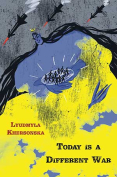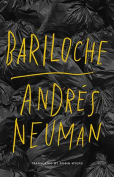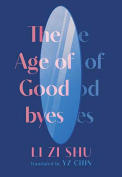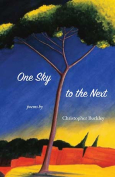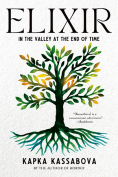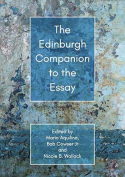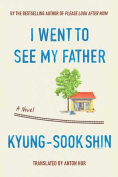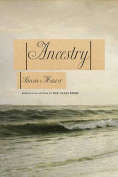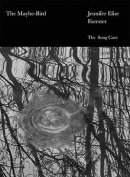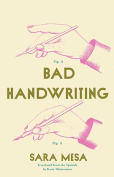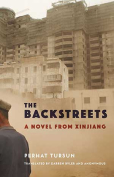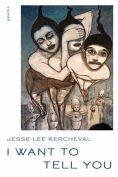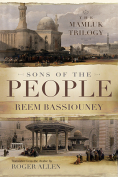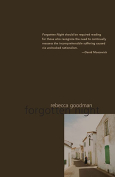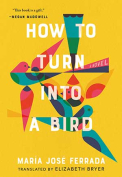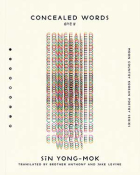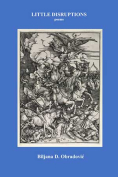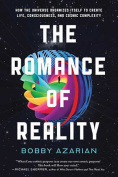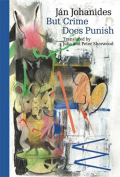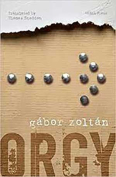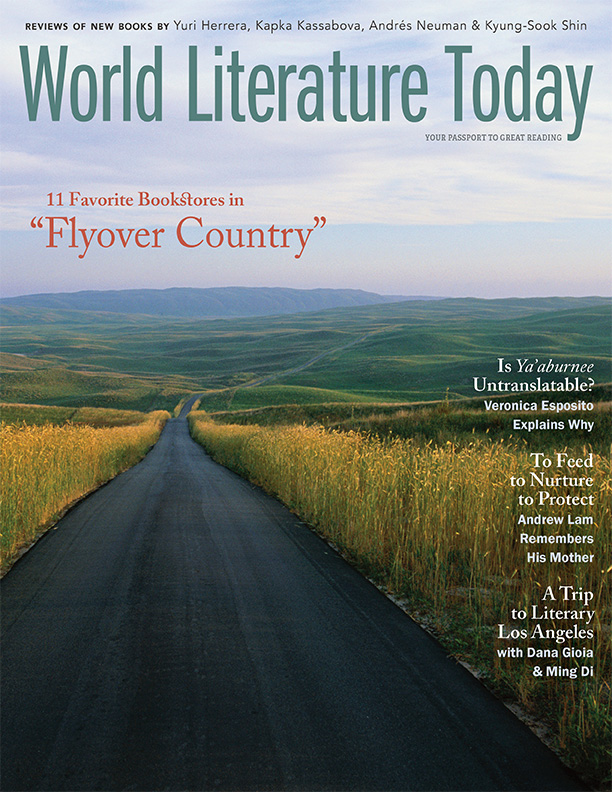Little Disruptions: Poems by Biljana D. Obradović
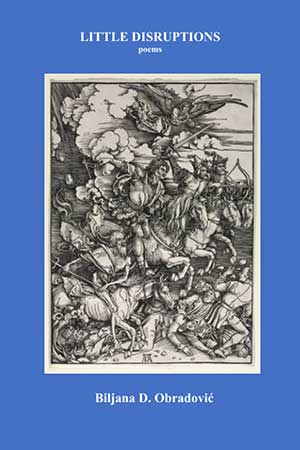 Cincinnati. WordTech Editions. 2022. 93 pages.
Cincinnati. WordTech Editions. 2022. 93 pages.
The front cover of Serbian American poet Biljana D. Obradović’s latest collection features Albrecht Dürer’s 1498 engraving The Four Horsemen of the Apocalypse, and the poems are sorted into four sections: “Evil Omens,” “How I Learned English Fast,” “If Only Life Were This Much Fun,” and “Places I’ve Known.” Between accounts of cancer, war, and loss, there are bright moments of music and art and encounters with well-known writers and musicians, but the darker elements intrude and disrupt repeatedly.
One of those elements is breast cancer, which surfaces in American public life every October in the form of pink shoes and gloves on professional athletes and a ubiquitous ribbon logo. Little Disruptions interrupts that sanitized dream, openly displaying the disease’s difficulties from the start in poems like “Tumors” and “Elegy for an Eastern Fallen Star.” Obradović’s mother’s cancer intrudes abruptly, with its blood and pus and morphine on full display, unhidden and unsanitized, and her death is mentioned frequently throughout the book.
Several poems address the tragedy head-on—including “The Postponed January Appointment,” “Mother’s Truss,” and “I’ve Been Here Before”—and many others mention it while describing other events, which are described by their temporal distance from the loss. The 1999 NATO bombing of Serbia looms nearly as large in the collection, most notably in “Evil Omens: On the Four Nines’ Day” and “Correspondences: During the Bombing of Serbia, Spring 1999,” and it is shown in a harsh light, not as a distant, politically justified military action but as a personal tragedy in which “The West / supports the terrorists,” a viewpoint that may cause some American readers to feel political discomfort.
As for the poet, she declares, “I am not Yugoslavian anymore. / I don’t know who I am anymore.” The collection conveys the uncomfortable, in-between position of a bilingual immigrant writer for whom cancer, NATO, Serbia, Kosovo, Bosnia, Croatia, and many other words do not have the same meaning as they do for most Americans.
Angus Woodward
Franciscan Missionaries of Our Lady University
